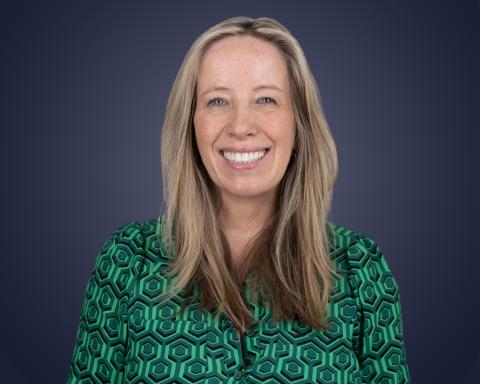“It is in decline,” said Tom Harrington, the head of television at the research firm Enders Analysis. “Viewership numbers are pushed up by older people, who only watch broadcast television, and watch a lot of it.”
That decline is not the whole picture, though, Harrington said. “People still spend more time watching linear television than they spend doing anything else, except sleep and work,” he said. “It still commands an enormous amount of attention.”
The greater change, Harrington said, was in the “communality” of the experience: We consume more content than ever, but we tend to do it on our own. That means there is less overlap between what young people watch and what older generations do. “Those touch points have been lost,” he said. “And that means there is a lack of common culture, which is a little bit sad.”

